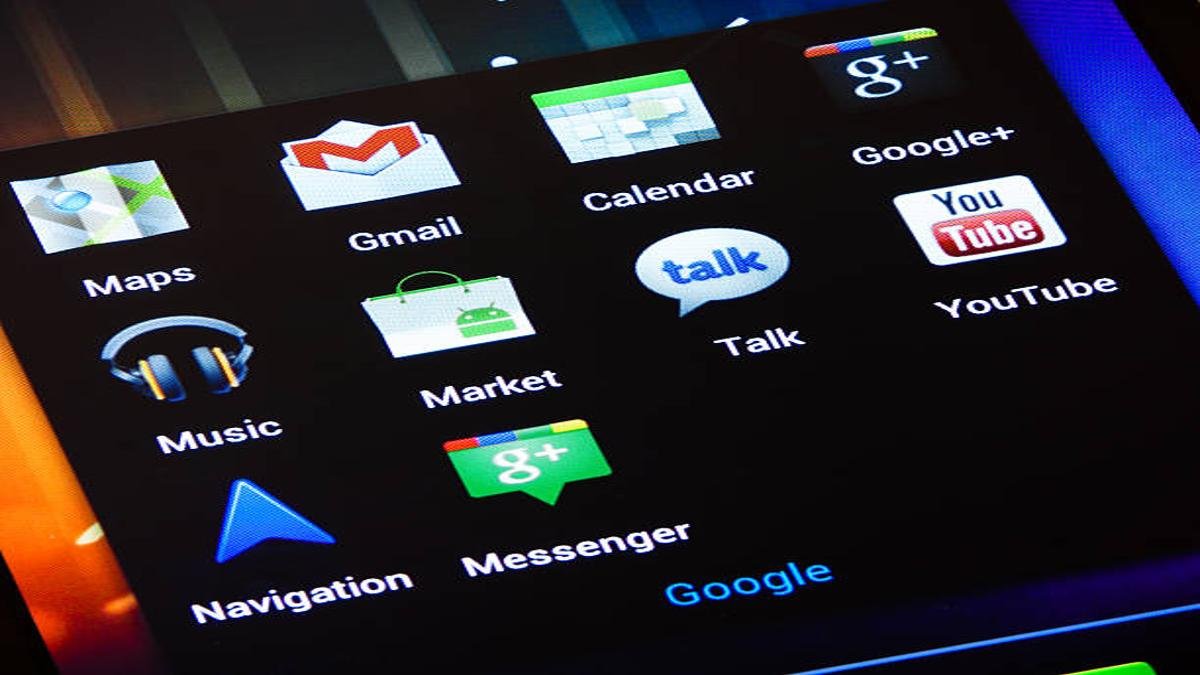The recent Google Android cellular data lawsuit has sparked a Pervasive debate about privacy, clear and user rights in the digital world. At the heart of this debate lies a simple yet powerful question: how much control do users seriously have over their data, and what limits should tech companies respect? The lawsuit, which resulted in a valuable advice against Google, centers on the illegal that the company collected users’ cellular data without proper agreement, even when devices were inactive or disconnected from Wi-Fi. This case not only challenges one of the world’s largest technology companies but also highlights the growing tension between newness and privacy in today’s connected ecosystem.
The Digital Era and the Price of Connectivity
In the modern digital age, link has become a vital part of everyday life. Smartphones, capable devices and smart appliances have always turned data exchange into a necessity. Whether through messaging apps, GPS services or backdrop updates our devices are constantly communicating and receiving data. However, this seamless link comes with a hidden cost: our personal information and digital behavior are being continuously chased, analyzed and decriminalised. The Google Android cellular data lawsuit cast light on how this link, though easy, has blurred the line between user service and corporate observation. The digital era’s price of link is not financial; it extends to our autonomy and privacy as consumers.
Understanding the Core of the Lawsuit
The core issue in the Google Android cellular data lawsuit revolves around Google’s alleged practice of using Android devices to transmit data over cellular networks without explicit user consent. According to the plaintiffs, Google was found to have collected and transmitted various types of data including location information, device identifiers, and usage statistics even when phones were idle and not connected to Wi-Fi. This process consumed users’ paid cellular data, effectively making them unwitting participants in Google’s information-gathering operations. The accuser argued that this unauthorized use of cellular data not only broke consumer protection laws but also represented a breach of privacy and property rights. Google, in its defense, maintained that such data transfers were necessary for the Android operating system to function productively and securely.Nonetheless, the court found that Google’s actions were not clear and ordered the company to pay hundreds of millions of dollars in damages, setting an occurrence for how data collection should be regulated.
Data Privacy in the Modern Technological Landscape
The Google Android cellular data lawsuit underscores the shattered state of data privacy in the modern technological comprehension. As technology advances, companies are able to collect unique amounts of user data from browsing habits to biometry information. While this data often fuels newness, it also raises sound privacy concerns. Users may not fully recognize how much information they are divided, or how that data is being used, stored or left out. The lawsuit shows a deep issue: assent in the digital world has become fastly complex. Simply accepting a lengthy terms-of-service document should not explain ongoing, seek data collection. As a result, the case serves as an awake call for both users and regulators to demand greater responsibility, transparency and social responsibility from technology companies that profit from personal information.
Ethical Dimensions of Digital Surveillance
The moral implications of the Google Android cellular data lawsuit reach far above legal boundaries. It highlights a growing moral problem in the age of digital observation: how much observation is too much? While companies plead that data collection improves user experience through tailor-made, security updates, and optimization, it also enables a system where individuals are constantly monitored. This creates a power imbalance between users, who often lack full awareness, and corporations, which possess blase tools for data analysis.Noble, such practices erode trust and erode the sense of control individuals have over their digital lives. The lawsuit’s outcome props up the notion that consent must be informed,clear and ongoing. In an era where technology soaks every aspect of human life, ethical responsibility should guide innovation not just profit spirit..
The Broader Implications for Tech Industry Practices
The opinion in the Google Android cellular data lawsuit sends a strong message to the complete tech industry. It warns that data misuse, whether willing or not, can have serious legal, financial and renown outcomes. Other companies that trust heavily on backward data collection, including social media platforms and app developers, are now under pressure to review and improve their privacy practices. This case could prompt brassy global data protection standards and spirit governments to develop clearer guidelines around user consent. Moreover, it signals a shift in consumer knowledge. People are becoming more awake of how their data is used and are demanding greater control. The lawsuit may incite tech firms to adopt privacy-by-design principles, meaning data protection becomes a basic part of technology development rather than review.
The Role of Consumers in Data Protection
While concern and control play key roles, consumers themselves are a necessary part of the data protection ecosystem. The Google Android cellular data lawsuit explains that collective consumer action can lead to responsibility and reform. However, users must also take worldly steps to safeguard their privacy. This includes adjusting app permissions, inspect privacy settings, limiting inventory backlogs data use and staying informed about new privacy laws. Education plays an important role in understanding how digital ecosystems employ and allow users to make aware decisions about their data.Finally, informed and alert consumers create a marketplace where privacy becomes a direct advantage rather than a burden.
The Impact on Public Trust and Brand Reputation
Public trust is one of the most vital assets for any technology company, and the Google Android cellular data lawsuit has naturally affected Google’s fame. Users who once trusted the brand for newness and reliability now question its bond to clear ethics. Repair that trust requires more than public statements; it demands real changes in policy and practice. If companies continue to treat privacy as a lesser concern, they threaten setting apart their user base and damaging their long-term brand value. The incident serves as a worrying story: in a world where news spreads rapidly and digital advocacy is strong, collaborative accountability is no longer optional; it is essential for survival.
Technological Innovation and the Price of Progress
There is no gainsay that innovation often requires data. From improving AI algorithms to improve system performance, data collection drives technological progress. However, the Google Android cellular data lawsuit forces society to oppose a difficult truth: innovation should never come at the expense of user privacy. The industry must beat a balance between technological advancement and social responsibility. Instead of collecting vast amounts of user data, companies can focus on centralisation models, on-device processing and unsigned analytics. Progress that respects privacy is not only possible but also natural. This case underscores that true newness considers both order and ethics as fundamental bands.
Looking Ahead: The Future of Digital Privacy
As the April 2026 united case looms, legal force may tip toward stronger user safeguards. We may see:
- New platform design standards apply “WiFi-only by default” background transfers.
- Updated privacy laws treating docile data as a protected category.
- Mandatory clear dashboards where users can view how much data was transferred in the background.
- Stronger fine or class action regimes for unauthorized data use.
- More user control: toggles,detailed consent, per-app passive transfer consent.
In parallel, users will request platforms that guarantee privacy as baseline leading to greater interest in privacy-first OS forks, open-source proxy and regulatory rails.
Whether this decree becomes a mark turning point or is reversed on appeal, it highlights a main tension of the digital age: how to allow newness while safe individual agency.
Conclusion
The Google Android cellular data lawsuit is more than a bench fight; it is an echo of our times. It highlights the elegant balance between convenience and control, newness and violation, progress and privacy. As technology continues to develop, the choices we make today will rule the kind of digital world we inhabit tomorrow. Google’s case serves as both a warning and an opportunity: a warning that data misuse carries results, and an opportunity to redefine privacy standards for the better. For customers, it’s far a nudge to stay knowledgeable and lousy; for groups, a name to layout structures that factor up clean and for regulators a summons to create shells that protect rights without stifling newness. The route forward must ensure that technology serves humanity, no longer the opposite way round.
FAQs
Q1. What is the Google Android cellular data lawsuit about?
The lawsuit cites Google of using Android devices to collect and transmit data over cellular networks without users’ consent, swallowing their paid data plans in the process.
Q2. Why is this lawsuit important?
It sets a model for how courts may treat data as a form of property and prop up that companies must obtain plain permission before using user resources.
Q3. What did the court decide?
The court ruled in favor of theAccuser, ordering Google to pay hundreds of millions of dollars in damages and pointing out the need for clear data collection practices.
Q4. How does this affect Android users?
Android users may see new privacy controls, clearer assents options and reduced background data operation as a result of the case’s outcome.










